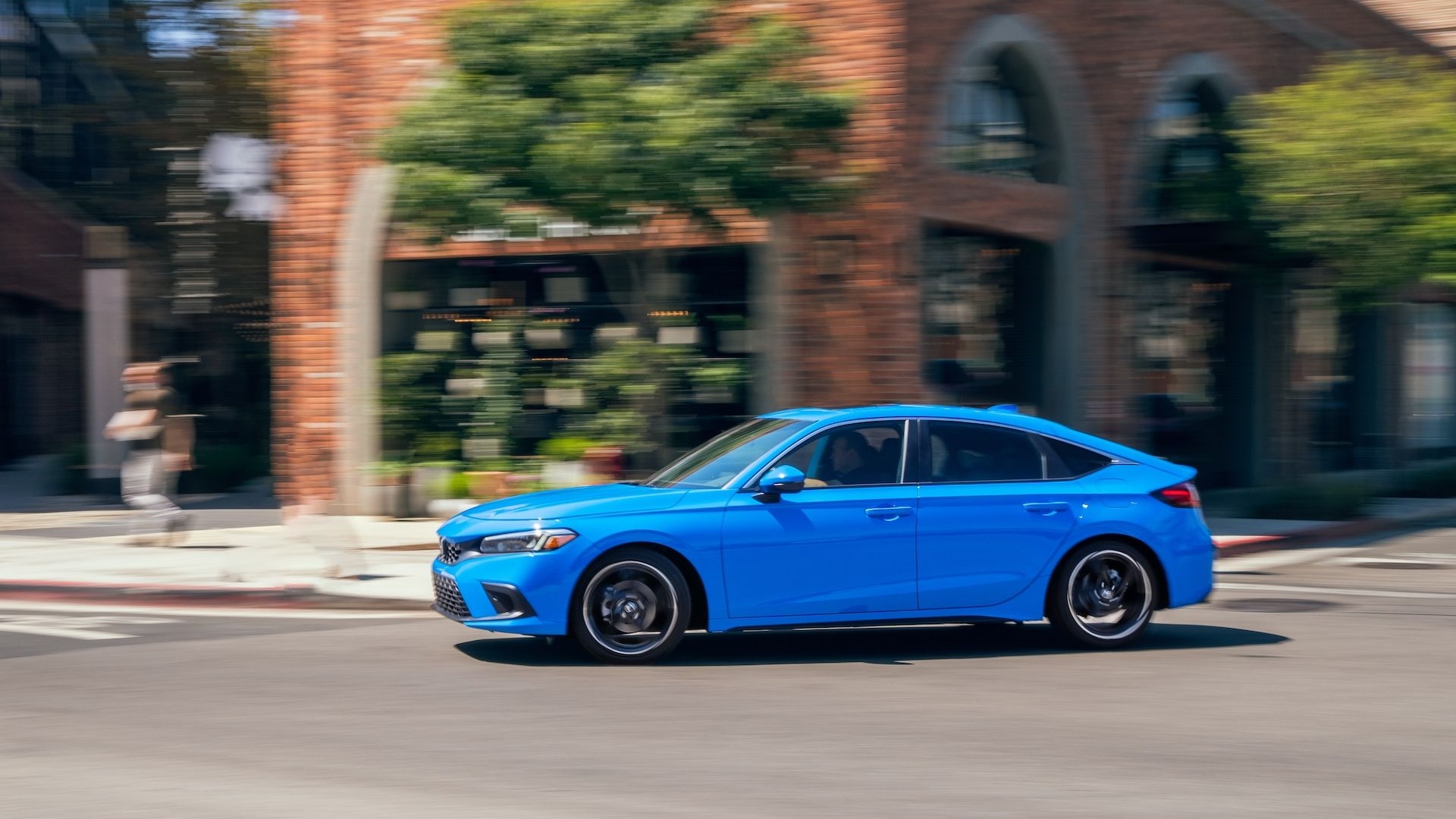It's no longer true that hybrids cost more to fix than regular cars. It used to be that way - up through 2006, the cost of fixing a hybrid was about 8% above the non-hybrid average. But now things have evened out, and there's no advantage one way or the other. All of this information has been collected and analyzed by Audatex, a firm that specializes in providing statistical information to insurers and the automotive industry.
So why the change in repair costs? Part of the answer lies in the greater availability of junkyard parts from now-off-the-road Prius and other hybrids, which simply didn't exist in any meaningful quantity when all of the cars were less than 5 years old. Those salvage parts are cheaper than buying new, and reduce the overall repair costs accordingly.
Also, Toyota has reduced the price of replacement battery packs for first-gen Priuses to $2,299, though second-gen battery packs still cost $2,588. It's not as clear, however, why the repair costs on so-called 'shared' hybrids - cars with non-hybrid doppelgangers - experienced that same repair premium early on. In theory, since they share the same body work, they should share the same repair costs. Nevertheless, both dedicated and shared hybrids have seen repair costs tumble over the last two years.
The end result of the confluence of cheaper parts, more plentiful salvage replacements and a longer history on the road is that hybrids are now common enough to be treated - and priced for repair - like normal cars.


